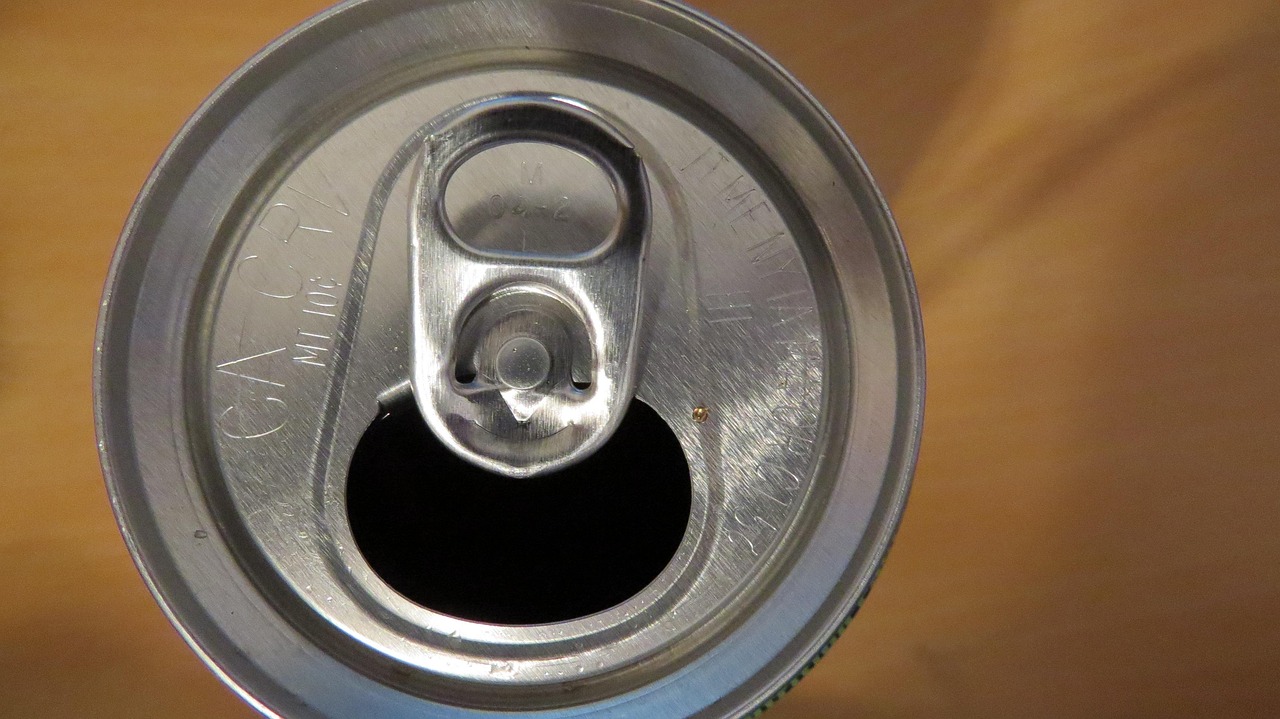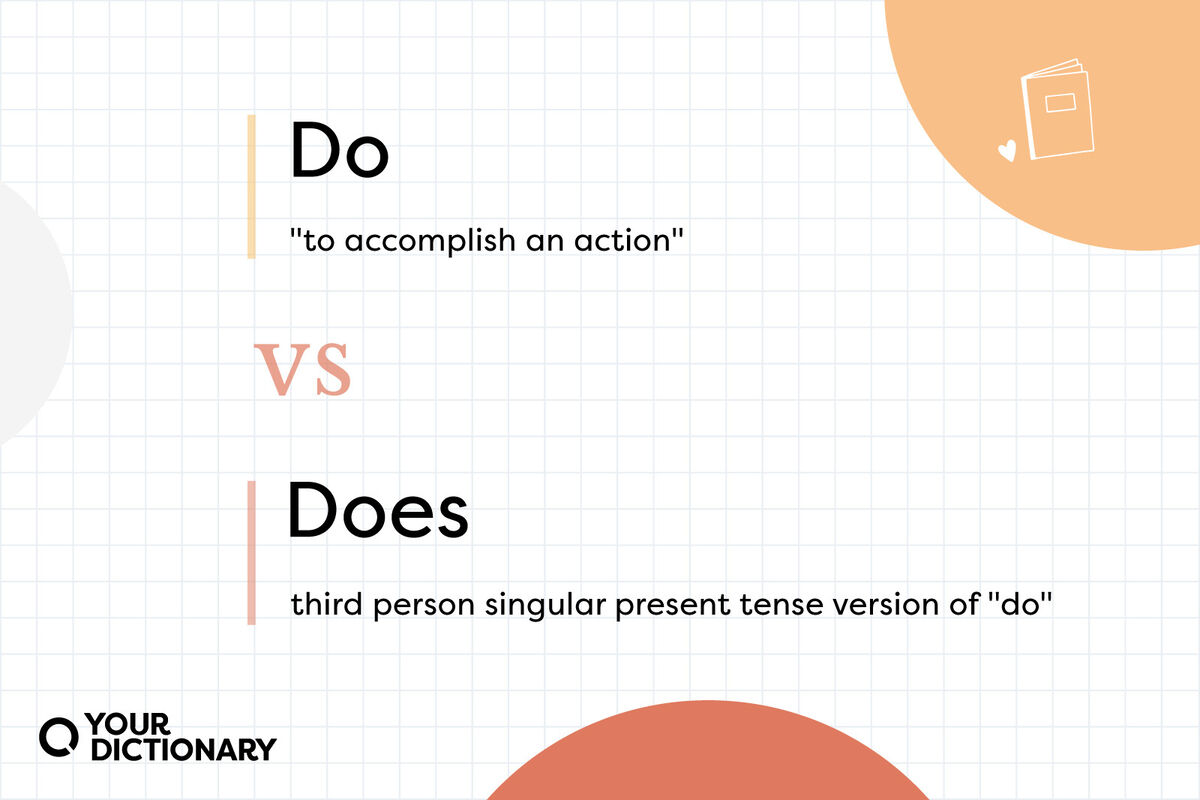Understanding Mutual Combat Laws in Florida: Legal Implications and Defense Strategies
Introduction: The Complex Reality of Mutual Combat in Florida
When two individuals agree to engage in a fight, the concept is known as mutual combat . While some states have clearer legislation or case history around mutual combat, Florida’s legal response is nuanced and can be confusing for those seeking guidance. This article offers a comprehensive overview of mutual combat’s legal status in Florida, actionable steps for those facing related charges, and practical strategies for legal defense. All claims are supported by verified, authoritative legal sources, ensuring accuracy and reliability.
Does Florida Recognize Mutual Combat as Legal?
Florida does not have an explicit law permitting mutual combat . Unlike some jurisdictions, there is no statute that legalizes consensual fighting. Instead, Florida law addresses physical altercations through the lens of assault and battery , regardless of whether both parties agreed to the fight [1] .
Assault in Florida involves threatening someone with harm, while battery requires intentional physical contact that causes harm [3] . Consent to fight does not excuse violence under Florida law ; engaging in mutual combat can still result in criminal charges.
Real-World Example
Consider two adults who agree to a fistfight in a parking lot. Even though both parties consented, they may be arrested and charged with battery because the law aims to protect public peace and prevent violence [1] . In most cases, police will intervene, and prosecutors may pursue charges against both participants.
Mutual Combat as a Defense: What is Possible?
Although Florida does not explicitly legalize mutual combat, consent can sometimes be used as a defense in battery cases. For battery to occur, the touching must be against the alleged victim’s will. If both individuals truly consented to the physical contact, mutual combat may be presented as a defense in court [2] .
The effectiveness of this defense depends on several factors:
- <strongneither aggressor : The person claiming mutual combat must not have initiated the fight.
- Consent is clear : Evidence must show both parties willingly participated.
- Jury determination : Ultimately, the jury evaluates the circumstances and determines whether mutual combat applies [2] .
Case Law and Precedents
Florida courts have recognized mutual combat as a possible defense, but only under specific circumstances. Legal precedents such as
Eiland v. State
and
A.L. v. State
illustrate that the issue of consent is a question for the jury, who must consider the facts and context of the altercation
[2]
.
The Role of Self-Defense in Mutual Combat Situations
Florida’s well-known Stand Your Ground law allows individuals to defend themselves if they reasonably believe they are in imminent danger. However, self-defense is generally not available to those who willingly participate in mutual combat [1] .

Source: knopeslawoffice.com
To claim self-defense, you must demonstrate:
- You did not initiate the physical confrontation.
- You genuinely believed you were in danger of harm.
- Your response was proportional to the threat faced.
- You could not safely retreat (though Florida law does not always require retreat) [5] .
Example Scenario
If you started the fight, self-defense claims are much less likely to succeed. However, if you attempted to withdraw and the other party persisted, you might still have grounds for self-defense. Each case depends heavily on the specific facts and available evidence [5] .
Domestic Violence and Mutual Combat
Domestic violence cases present additional complexity. Florida courts scrutinize mutual combat defenses rigorously in these situations. Injuries, the history of violence, and the proportionality of responses all factor into legal outcomes [4] .
Even if both parties are injured, only one may be found to have acted reasonably. The law prioritizes the protection of vulnerable parties, and mutual combat defenses rarely succeed when serious injuries occur.
Challenges and Solutions
Claiming mutual combat in domestic violence cases is fraught with difficulty. If you face charges, consult an experienced criminal defense attorney immediately. They can help you gather evidence, such as witness statements or video footage, and advise on the best defense strategy.
Step-by-Step Guidance for Those Facing Charges
If you have been involved in a physical altercation and are facing criminal charges in Florida, follow these steps:
- Do not make statements to police without legal counsel. Anything you say can be used against you.
- Contact an experienced criminal defense attorney. Search for “Florida criminal defense lawyer” or use resources provided by the Florida Bar Association.
- Document all relevant evidence. Gather witness contact information, video recordings, and any medical reports.
- Understand your legal options. Ask your attorney about asserting mutual combat, self-defense, or other defenses based on the facts of your case.
- Comply with all legal requirements. Attend court hearings and follow your attorney’s advice throughout the process.
Alternative Approaches and Legal Outcomes
If mutual combat cannot be successfully asserted, alternative defense strategies may include:
- Arguing self-defense (if applicable under the circumstances).
- Pleading to lesser charges, such as disorderly conduct.
- Seeking diversion programs or anger management classes as part of a resolution.
Some cases are resolved through plea bargains, especially when evidence is ambiguous or both parties bear responsibility.
How to Find Qualified Legal Assistance
To ensure the best possible outcome, you should:
- Search for “Florida criminal defense attorney” in your area.
- Consult the Florida Bar Association for a list of licensed attorneys.
- Ask for referrals from trusted family, friends, or professional organizations.
- Evaluate the attorney’s experience with assault, battery, and mutual combat cases before making your choice.
Important Considerations
Legal consultations may be available at no cost; ask about initial case reviews. Be honest and forthcoming with your attorney to maximize your defense options.
Key Takeaways and Next Steps
Mutual combat is not explicitly legal in Florida . While consent may serve as a defense in some battery cases, most fights-even consensual ones-can result in criminal charges. Self-defense is difficult to claim if you initiated or willingly participated in the altercation. Domestic violence cases are even more complex and rarely benefit from mutual combat defenses.

Source: soundcloud.com
If you face legal trouble from a fight, immediate legal counsel is essential . Use official resources like the Florida Bar Association, and never rely on unverified online information. Gather all available evidence, remain silent until you have legal representation, and explore all possible defense strategies.
References
- [1] Knopes Law Office (2024). Does Florida Have a Mutual Combat Law?
- [2] The Denson Firm (2023). Misdemeanor Battery | Battery Charges Pinellas
- [3] The Fowler Law Group (2022). Can You Be Charged With Assault and Battery if You Are in a Fight?
- [4] Fort Lauderdale Criminal Attorney Blog (2023). Exploring Mutual Combat Defense in Florida Domestic Violence Cases
- [5] Flaherty Defense Firm (2020). Domestic Violence Mutual Combat Defense Strategy in Florida
MORE FROM resultsfordeals.com












